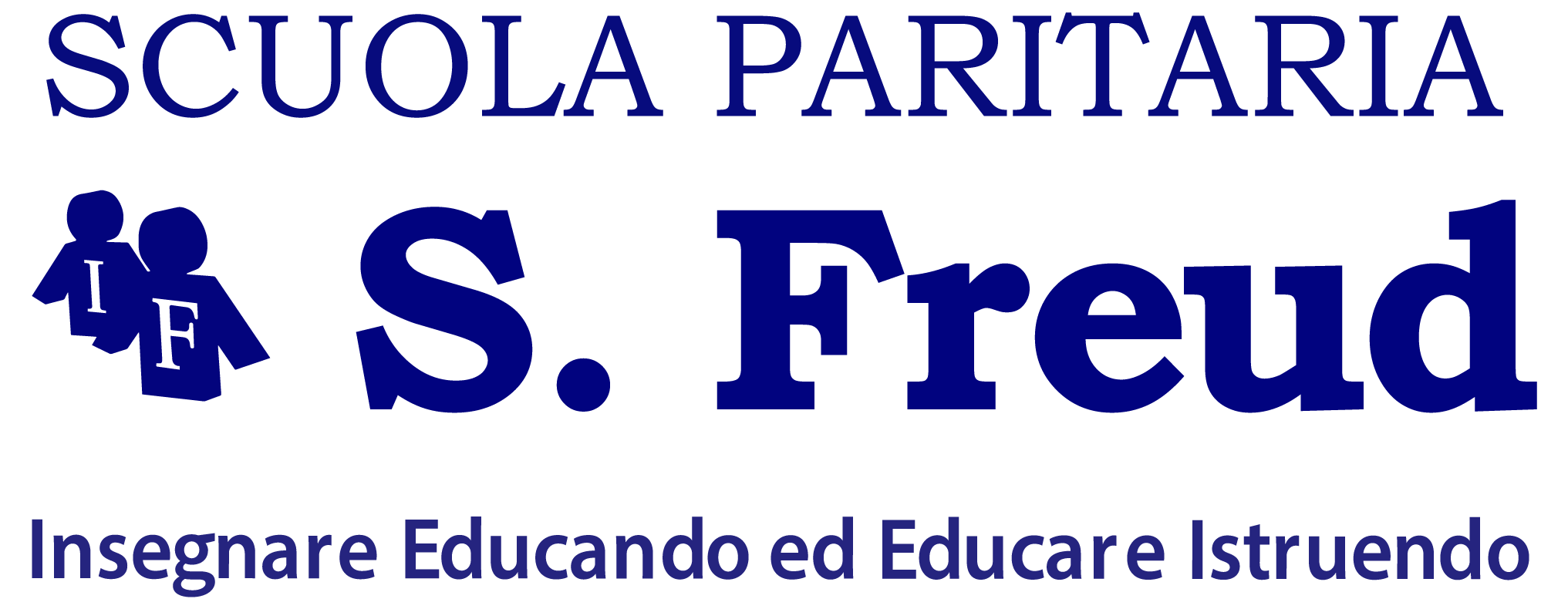17 gennaio 2025
Dr. Daniele Nappo, Legal Representative and Founder of the S. Freud Private School, draws attention to the role of adults, teachers and parents, in transmitting a model of virtuous behaviour to adolescents. School should not only be a place of theoretical learning but also a place where young people learn social, ethical and civic skills.
School education is not only limited to the distribution of academic knowledge, but also embraces the formation of character, values and good manners. In this context, the attitude of adults, both teachers and parents, plays an indispensable role in shaping the pattern of behaviour. Firstly, adolescents tend to emulate the behaviour of adults, seeing them as role models. If they see teachers who disregard the rules, speak disrespectfully or display indifference to students' needs, it is possible that they themselves develop a twisted view of what respect and responsibility is. School should not only be a place of theoretical learning, but also an environment where young people learn social, ethical and civic skills and these values are passed on primarily through example. Moreover, a school climate in which the teaching and administrative staff do not uphold the basic principles of good education produces an environment of distrust and disinterest. The lack of moral authority on the part of educators often leads to contexts of chaos, where rules are disregarded and rude behaviour becomes the norm. Another substantial aspect concerns communication between school and family. When parents themselves display misbehaviour towards teachers or the school, it only reinforces in their children the belief that respect for authority is something relative. The situation is further complicated when school leaders do not adequately address rude or misbehaviour by adults. The lack of clear and timely interventions leads to a progressive deterioration of the school environment.


